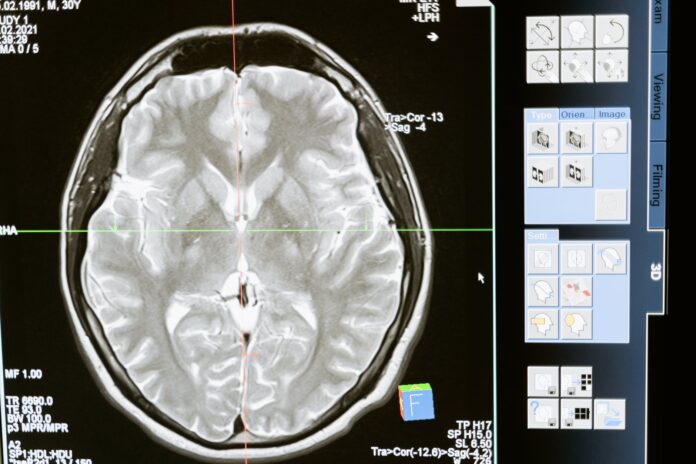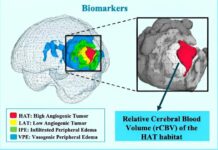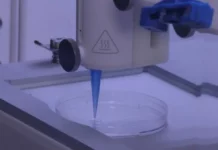Scientists developed a tiny biosensor that detects biomarkers linked with traumatic brain injuries
Ohio State University researchers say their biosensor includes a ‘combination of features. It allows detection of various chemicals in the body and the results delivery in real-time. Moreover, the chip is thinner than human hair and very flexible, which makes it minimally invasive to the brain.
Co-Author Junghua Li said,
“We have a long way to go from our tests in the lab, but these findings were very encouraging.”
Junghua Li
The biosensor is usable for multiple purposes, but co-author Li focuses on how it can monitor patients with traumatic brain injuries. Secondary damage is common after such injuries and the sodium and potassium ion concentrations in the CSF of the brain can help in the detection.
Li further said,
“We want a biosensor that is able to continuously monitor brain tissues to detect changes in ion concentrations in the cerebrospinal spinal fluid,”
Junghua Li
“Those changes emerge at the secondary state of TBI as an early warning signal of the condition worsening.”
Junghua Li
Accurate Detection
After testing the biosensor with artificial CSF mimic solution, they observed that it accurately detected the changes in the traumatic brain injury.
Furthermore, the biosensor was tested on human serum, successfully monitoring the pH levels.
How does the biosensor work?
The chip has field-effect transistors that are electronic components, which produce electrical signals. These signals are detectable outside the body after sensing the chemical of interest. Furthermore, the researchers also addressed the crosswalk issue.
“When we create a biochemical sensor, we want to make sure that the device only responds to the specific chemicals we are interested in, and ignores the crosstalk from other biomarkers,”
Junghua Li
“That is difficult to do in a complex system like our body.”
Junghua Li
Breakthrough for Other Diseases
Li believes that these biosensors can detect neurotransmitters, in addition to peptides, proteins, nucleotides and other body chemicals. This will be a breakthrough for other diseases, for example, Alzheimer’s and Parkinson’s.
“We believe that the capture and analysis of health data that we could achieve with biosensors are crucial to tracking long-lasting health conditions for early intervention and treatment of diseases.”
Junghua Li




